Although he didn’t make his feature film debut until the end of the sixties with an independent outing called Me, Natalie (1969), Al Pacino quickly became one of the most valuable actors Hollywood had to offer at the turn of the decade. And by the 1980s, he was already considered among the most talented actors Hollywood had ever seen.
That sounds like hyperbole, but his rise to cinematic power truly was that rapid. Throughout just eight feature films, Pacino was nominated for five total honors at the Academy Awards in these ten years alone. And while he came up short each time, many fans and pundits argue the legitimacy of some of those decisions from the Academy.
A couple of films from American director Francis Ford Coppola likely sprang to mind upon seeing the title of this list, along with perhaps one or two others. But some of the names featured herein are definitely more underrated, or with regard to the first pick, of generally low-quality and thus immediately forgotten. Now, with that said, this is every Al Pacino movie — not his individual performance, but the products as wholes — of the 1970s, ranked.
8 Bobby Deerfield
Here in Bobby Deerfield (1977), Pacino absolutely underwhelmed critics as the titular character. It holds a 29% on Rotten Tomatoes, and it didn’t exactly make waves at the box office. Thus, in spite of Pacino receiving a nomination for Best Actor in a Motion Picture — Drama at the Golden Globes, this is without a doubt the worst film on the list.
Its plot is hardly even worth getting into, but for those that may be interested: it follows a famous American racecar driver competing in the European circuit. Things should’ve gotten good once he began falling for a terminally ill Swiss woman. But in the end, there’s little worth writing home about from a qualitative perspective — or from any point of view, for that matter.
7 Scarecrow
Off the bat, going from Bobby Deerfield at the top of the list to Scarecrow (1973) at number seven, this already marks the first leap in quality on the list. While the former had a 29% on Rotten Tomatoes, Scarecrow features a 76% rating — not the greatest score in itself, but its worth noting this entry’s current status as a cult classic.
The film follows Pacino’s character Francis Lionel “Lion” Delbuchi as he and Gene Hackman’s character Max Millan travel from California to Pittsburgh, looking to start a new business. It’s a road film of sorts, and the quality of its execution is matched by the name value of the actors themselves. Again, it’s a cult classic — so, you may not recognize it by name, in other words. But that doesn’t make it any less applicable to land here at number seven. Many fans on any given day would even rank it higher.
6 The Panic in Needle Park
This was Pacino’s first role of the decade, his second overall, and his first one in a starring role. And in The Panic in Needle Park (1971), that starring role was as a character called Bobby, a heroin addict — which the title of the film references with regard to Sherman Square in Upper West Manhattan, where addicts hung out at the time.
And for the most part, the plot follows his love affair with a woman named Helen. After finding him to be full of charm and wit, she falls for him as well, and eventually becomes addicted to the drug herself. This makes for a thoroughly engaging narrative with character dynamics for the ages, and for the most part, critics loved the product in spite of its lackluster results at the box office. In the end, The Panic in Needle Park lands here at number six.
5 …And Justice for All
His last performance of the decade, and his last Oscar nomination of the decade — like most of the others (which have obviously yet to be touched on), the award was for Best Actor. But as plenty of you probably remember, he came up short in the end. Here in …And Justice for All (1979), he plays a lawyer who you might remember for his featured scene in which he consistently yells a memorable line of dialogue: “You’re out of order!”
This courtroom drama is undoubtedly among the more underrated of the subgenre, and even one of the most overlooked of Pacino’s entire career. His wide-ranging acting abilities were matched in quality by the script of the film itself — which was nominated at the Oscars for Best Original Screenplay. And while the film didn’t walk away with any golden statuettes, critics unanimously agreed that this film was worth your time. And it still is, too.
4 Serpico
He won the Golden Globe for Best Actor in a Motion Picture — Drama here in Serpico (1973), and was nominated at the Oscars in the same category despite coming up short to Jack Lemmon for his role in Save the Tiger (1973). And his performance truly lives up to those accolades as perhaps the highlight of Serpico itself. Of course, the plot is also engaging from start to finish — which, sure, is due largely to the actual events on which the story is based.
But its script is also whip-smart, with rock-solid structure and well-written dialogue around ever crime-infested corner of the plot. Pacino stars as the titular police officer Frank Serpico, and although more modern audiences are beginning to leave this project by the wayside to some degree, this remains among the greatest roles of his career. Pacino became great friends with the real-life Frank Serpico when preparing to play him, and their many conversations paid off. He essentially became Serpico in himself.
3 The Godfather Part II
Sure, this could be a surprising placement for many film fans, as both The Godfather Part II (1974) and its predecessor (more on that later) are both widely considered among the greatest films ever made. Some critics and fans alike may actually look at this sequel as the film of higher quality. And of course, Al Pacino reprises his role as Michael Corleone — this time as the star.
He was nominated for Best Actor at the Academy Awards, and of course, the project as a whole won several awards itself — including one for Best Picture. This crime epic in the end feels pointless to write home about considering the amount of articles and video essays centered around it for the past fifty years. But for those who may be unaware: its well-woven plot was executed to complete perfection by its many wonderful performers in tandem with a keen sense for directing from Francis Ford Coppola. It’s undoubtedly a classic, and comes in at number three.
2 Dog Day Afternoon
From a modern perspective, this is perhaps the most underrated film on the list. It was definitely revered at the time of release, though. A heist film, Dog Day Afternoon (1975) was directed by Sidney Lumet, and featured Pacino in the starring role as Sonny Koufax. Alongside him was John Cazale, and the two played amateur thieves who hold up a local bank.
This film was almost ahead of its time in two regards: for starters, its most prominent theme was not usually featured in Hollywood films at the time. But what’s more is that the technical elements of filmmaking working under the radar of the project as a whole were pretty much second to none. Not the performances, necessarily — which are of course impressive in themselves — but the subtext and structure of its script in tandem with perfectly-timed tactics of editing. It’s some truly well-made stuff, and ultimately lands here at number two.
1 The Godfather
Easily the most popular movie of the list, of the decade, and even Pacino’s career, this is a truly transcendental project that has been written home about ad nauseam for the past five straight decades. Of course, it was directed by Francis Ford Coppola, and adapted by him and Mario Puzo from the latter’s novel of the same name.
Much like its successor, it feels redundant to sit down and analyze The Godfather (1972). Most perspectives that audiences can view the film from have been touched on a hundred times and more throughout the past fifty plus years. And with good reason. From its inclusion in the National Film Registry to its commonly being called the greatest film of all time, this undoubtedly tops the list of Al Pacino films from the 1970s. And frankly, if this were ranking every film of Al Pacino’s entire career, it’d probably come out on top there, as well.
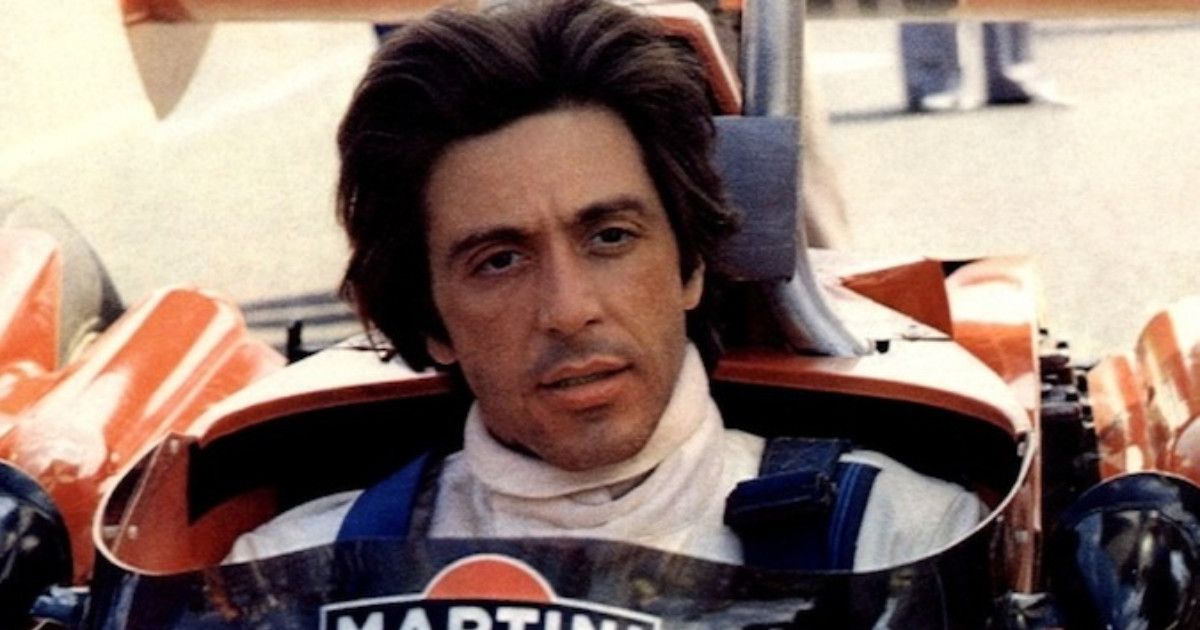
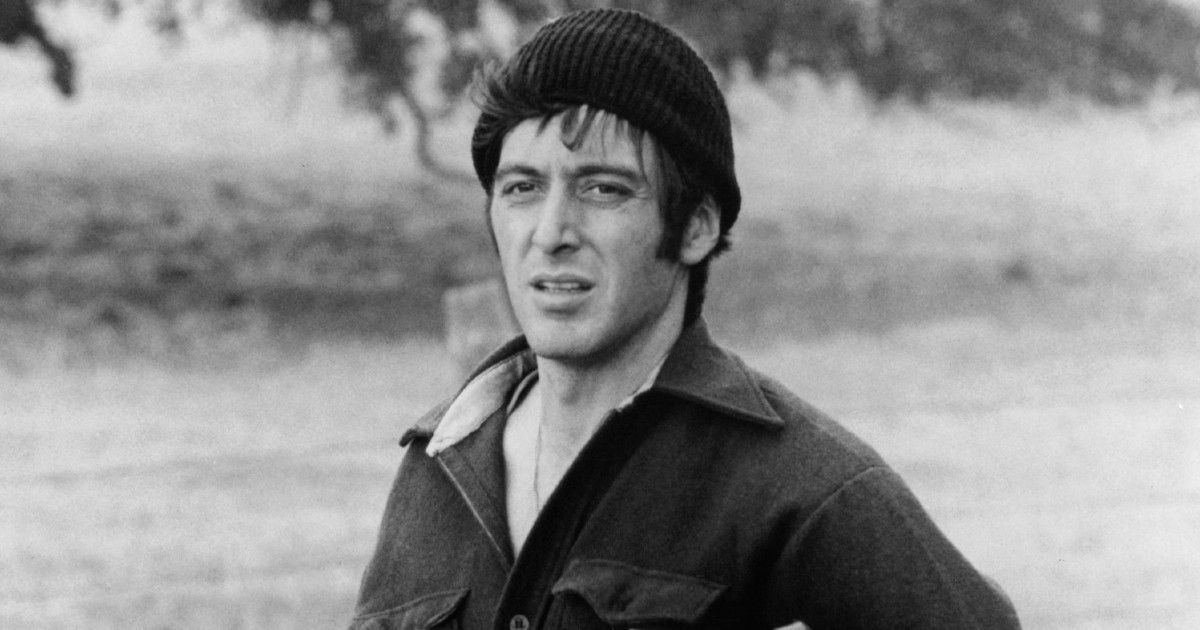
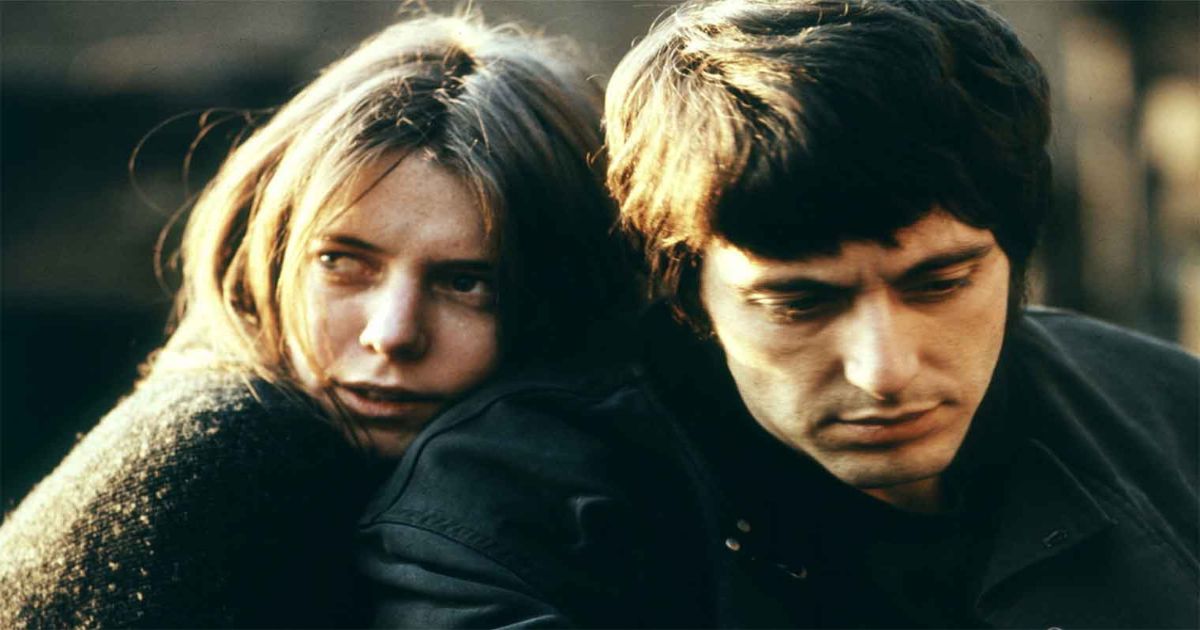
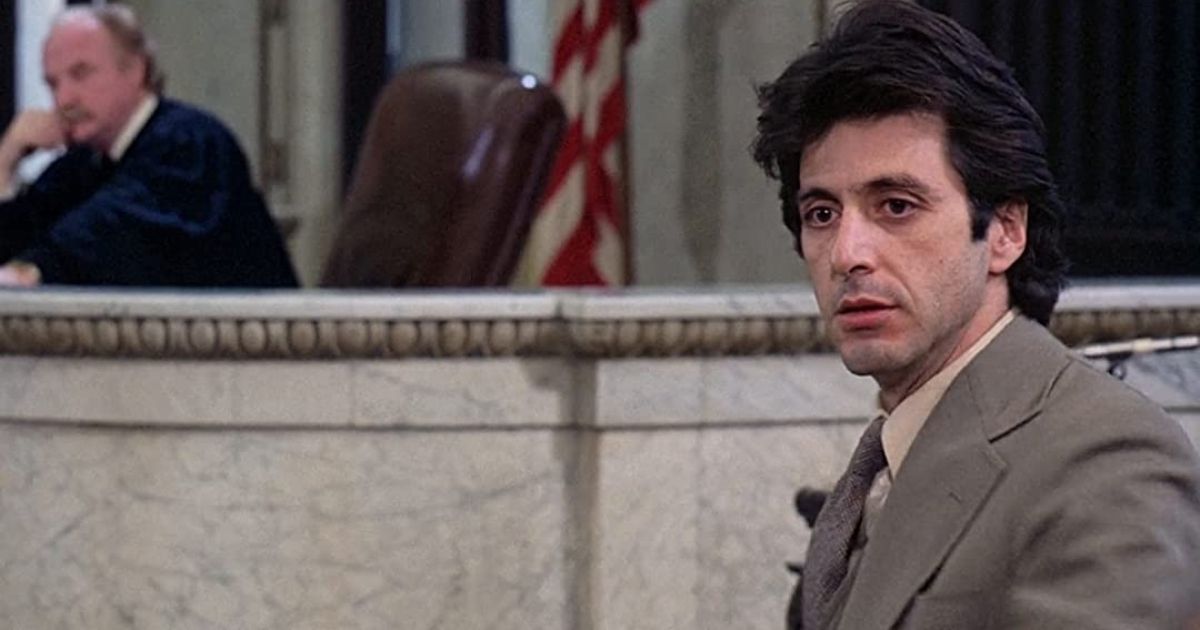
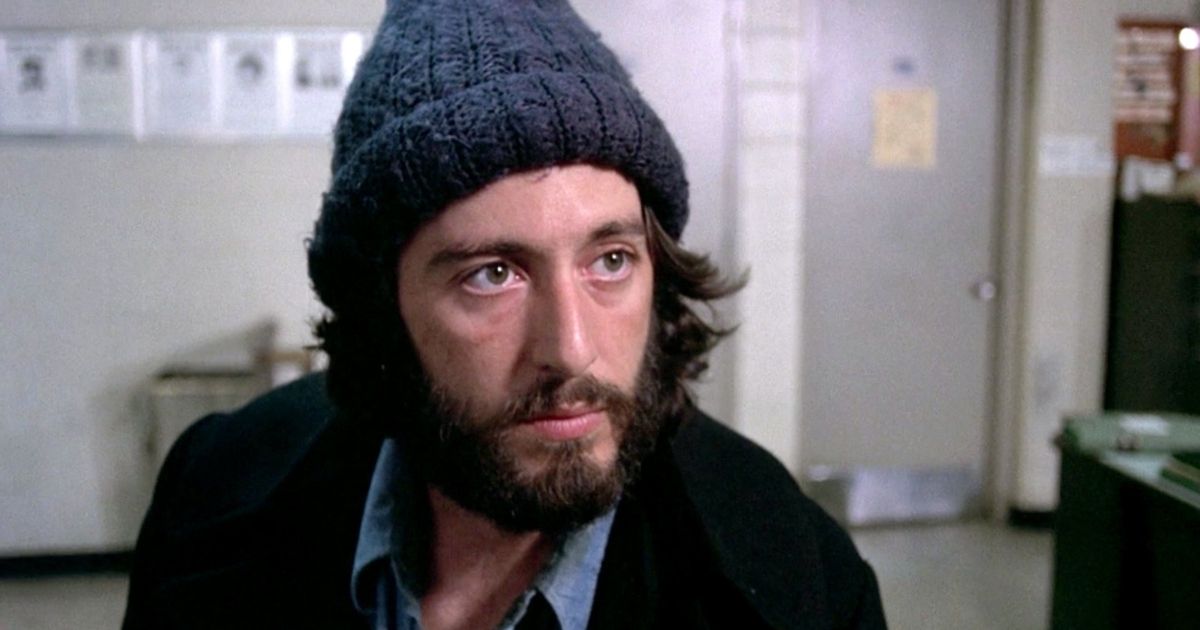
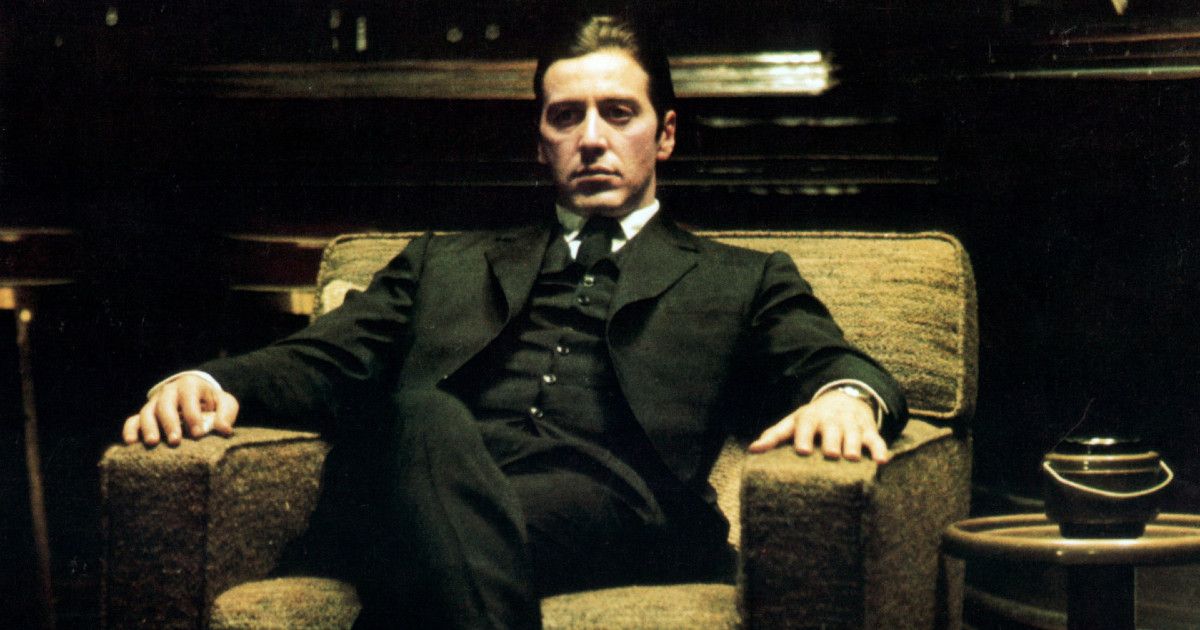
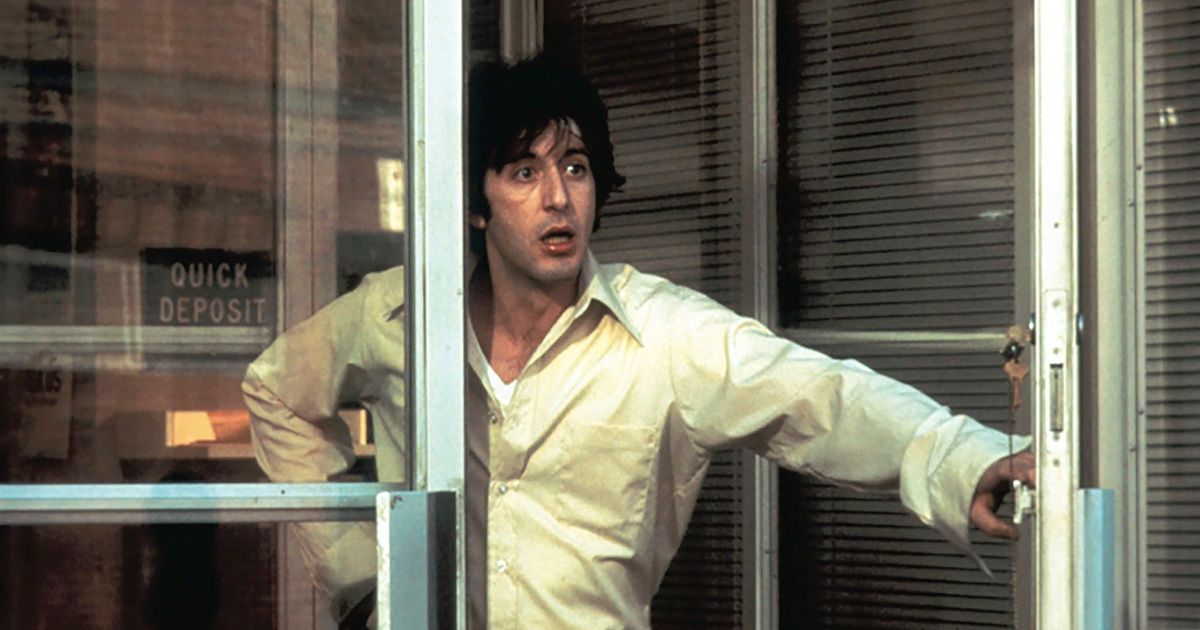
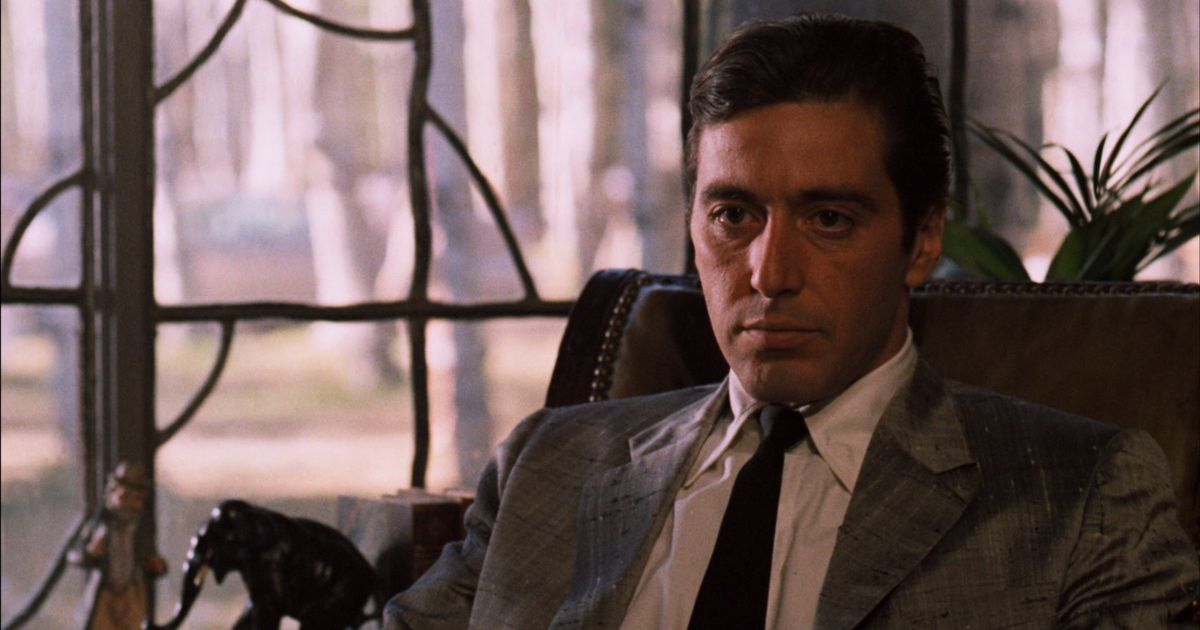
Comments
Post a Comment